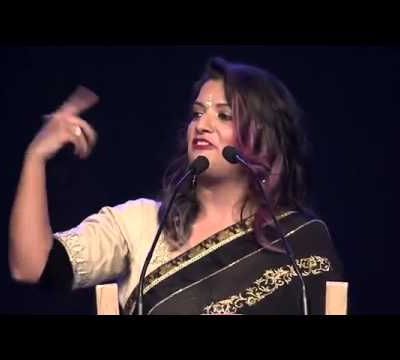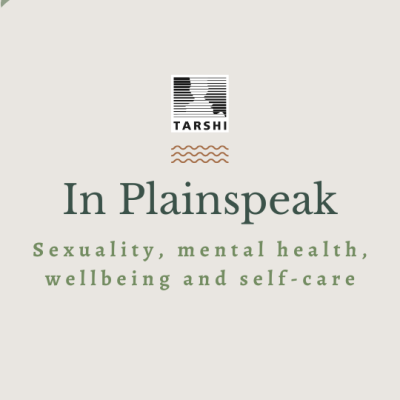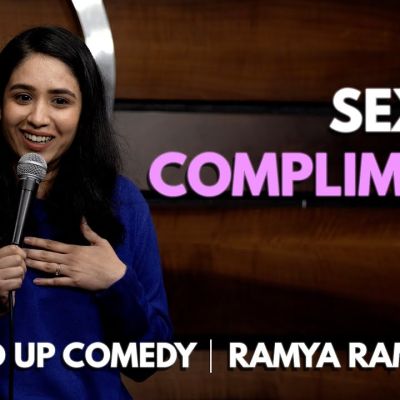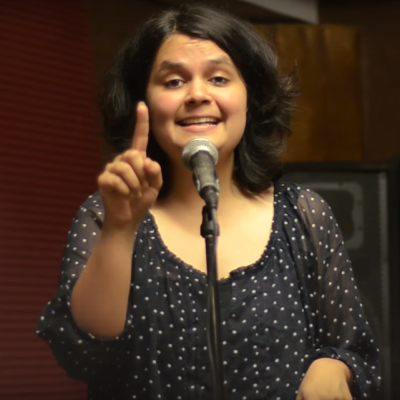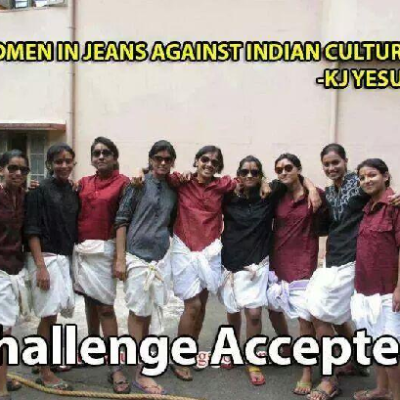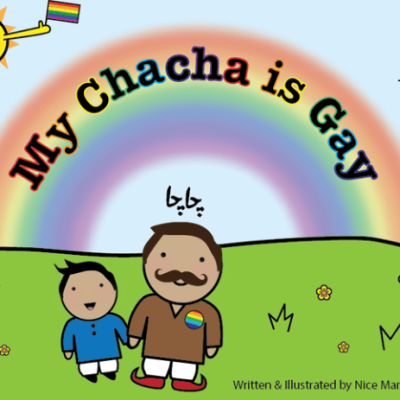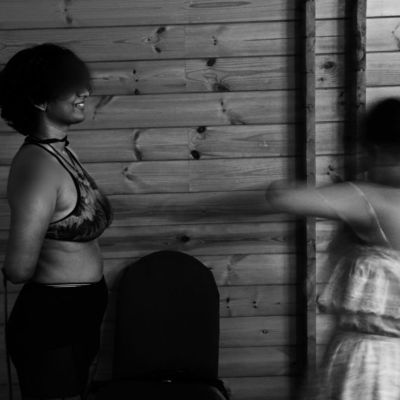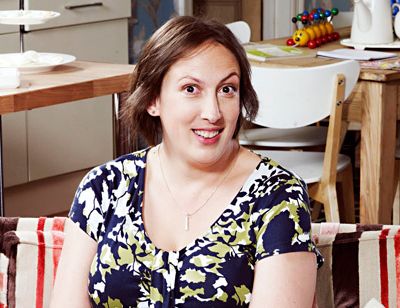humour
“Tell me something,” the 15-year-old asked her mother, “what is it like the first time?” “You, in your age and…
क्रिस्टिन फ्रैंकर द्वारा पिछले वर्ष, एआईबी के बदनाम नाकआउट रोस्ट के दौरान कॉमेडियन अदिति मित्तल ने कार्यक्रम के पैनल पर…
“अगर आप उसपर हँस सकते हैं तो सब कुछ मज़ाकिया है।” – लुईस कैरोल लुईस कैरोल को अधिकार-आधारित परिप्रेक्ष्य वाला…
The intricate connections between sexuality, mental health, wellbeing, and self-care have been some of the core themes that In Plainspeak…
Most parents, teachers, and caregivers feel embarrassed when talking about sexuality with children and imparting sexuality education. Is there a way to overcome this by using humour?
There are not that many good looking guys in Bangalore, dude. In Bombay, there are so many failed actors. You’re like, good looking, insecure AND delusional? I can keep you.
“Everything is funny, if you can laugh at it.” – Lewis Carroll Lewis Carroll can be said to have a…
“Humour is a rubber sword – it allows you to make a point without drawing blood.” Mary Hirsch, humourist Here’s…
There’s a difference between ‘laughing with’ and ‘laughing at’. The above instance was obviously of the latter kind. Humour has a complex but integral relationship with queer genders and sexualities, and it has been evolving over time.
You don’t even realise what you’ve said until someone in the group, quick as lightning, hits you with the rejoinder, “That’s what she said!” As you’re trying to make sense of what just happened, the group dissolves into giggles.
In this series, Special Features, we will be featuring people who have done groundbreaking work in the field of Gender,…
From the outside, the world of kink can look like a place where a smile would be a rare occurrence. But come closer if you dare. Let go of your inhibitions, your fears, your judgements, and biases, and take a real, long look..
I tell them to laugh freely but question as much too. This gives them a sense of sheer relief to be able to ask, talk, question, because, even if it is ‘really bad’, after all, it’s being said in ‘lightness, is it not?
Last January, armed gunmen stormed the Paris office of the French magazine Charlie Hebdo, killing 12 and injuring 11, because…


